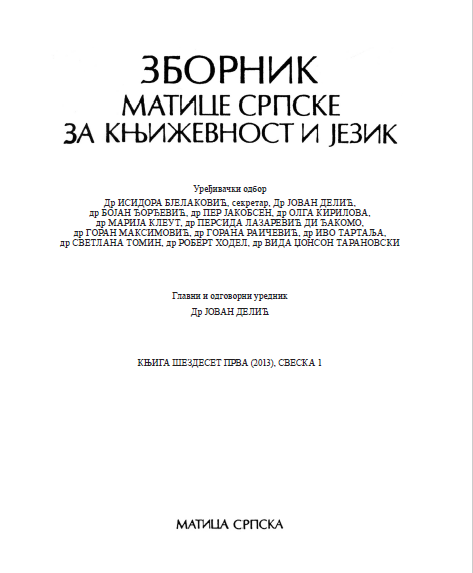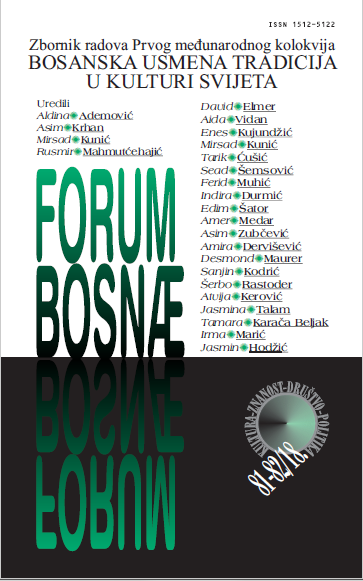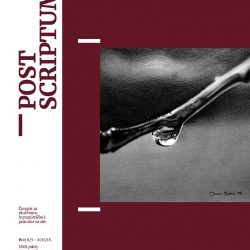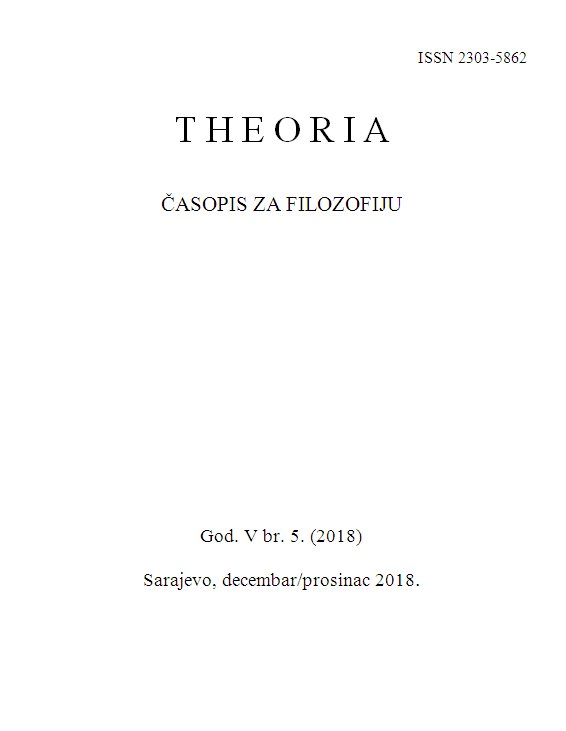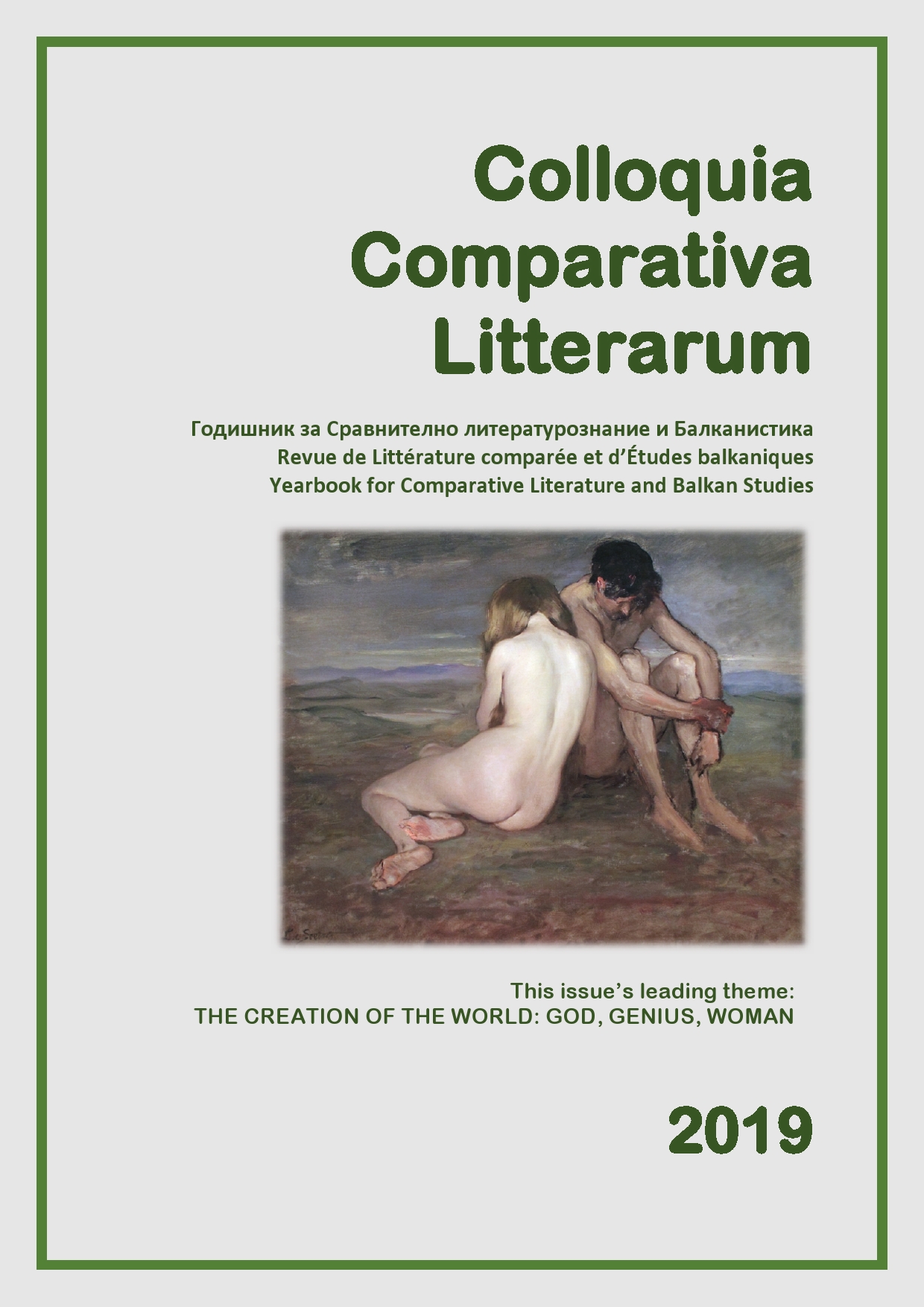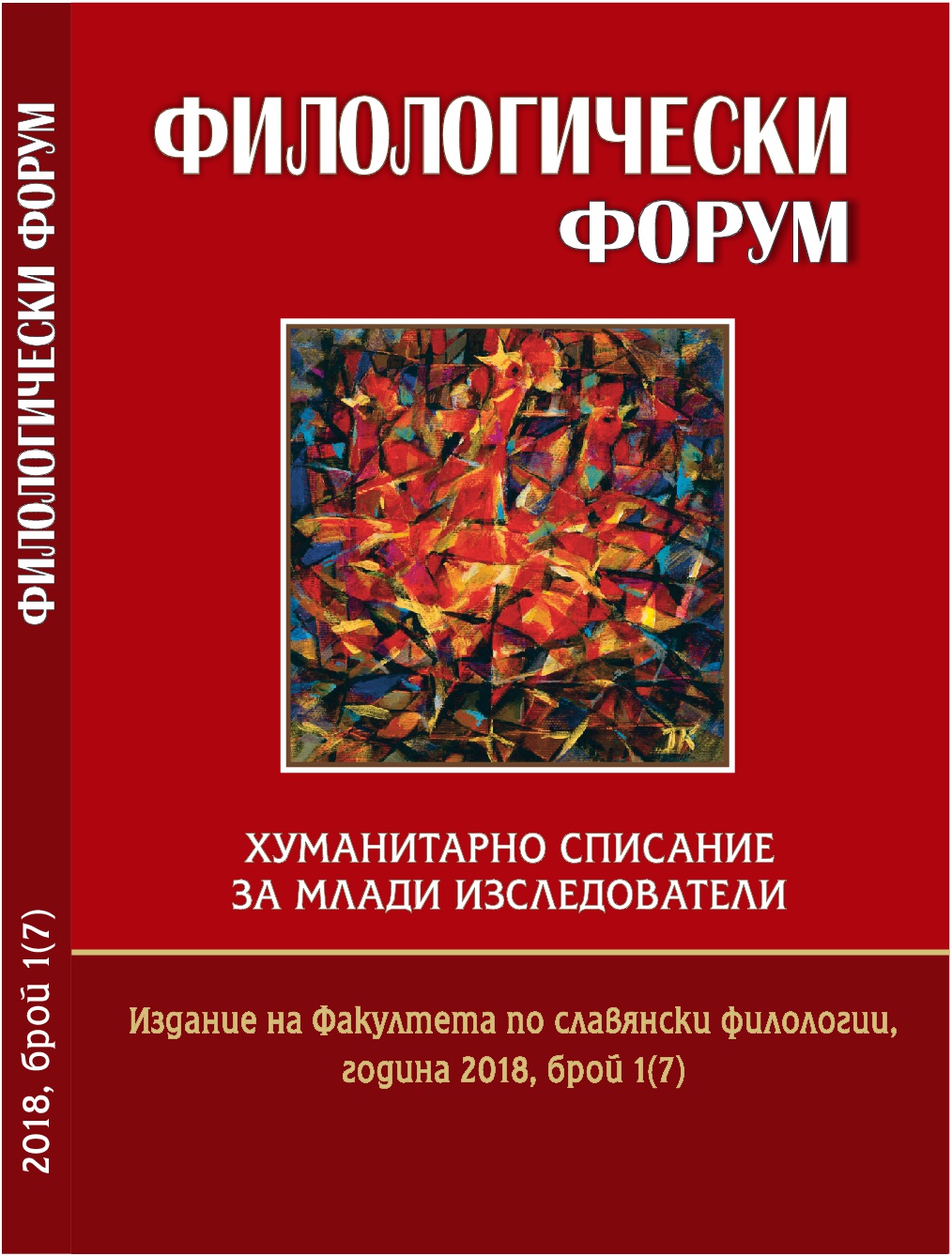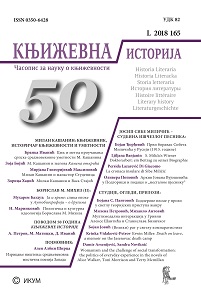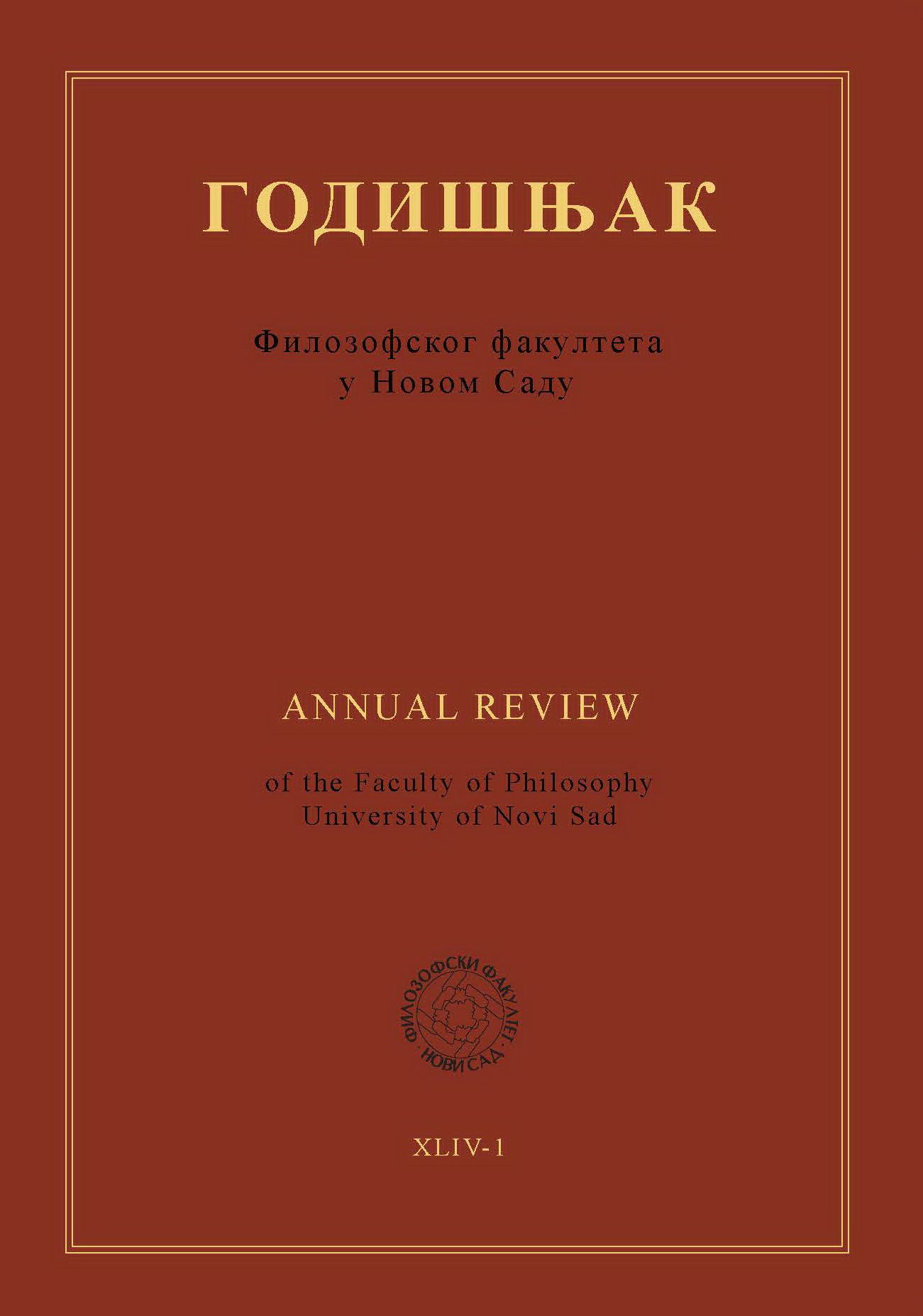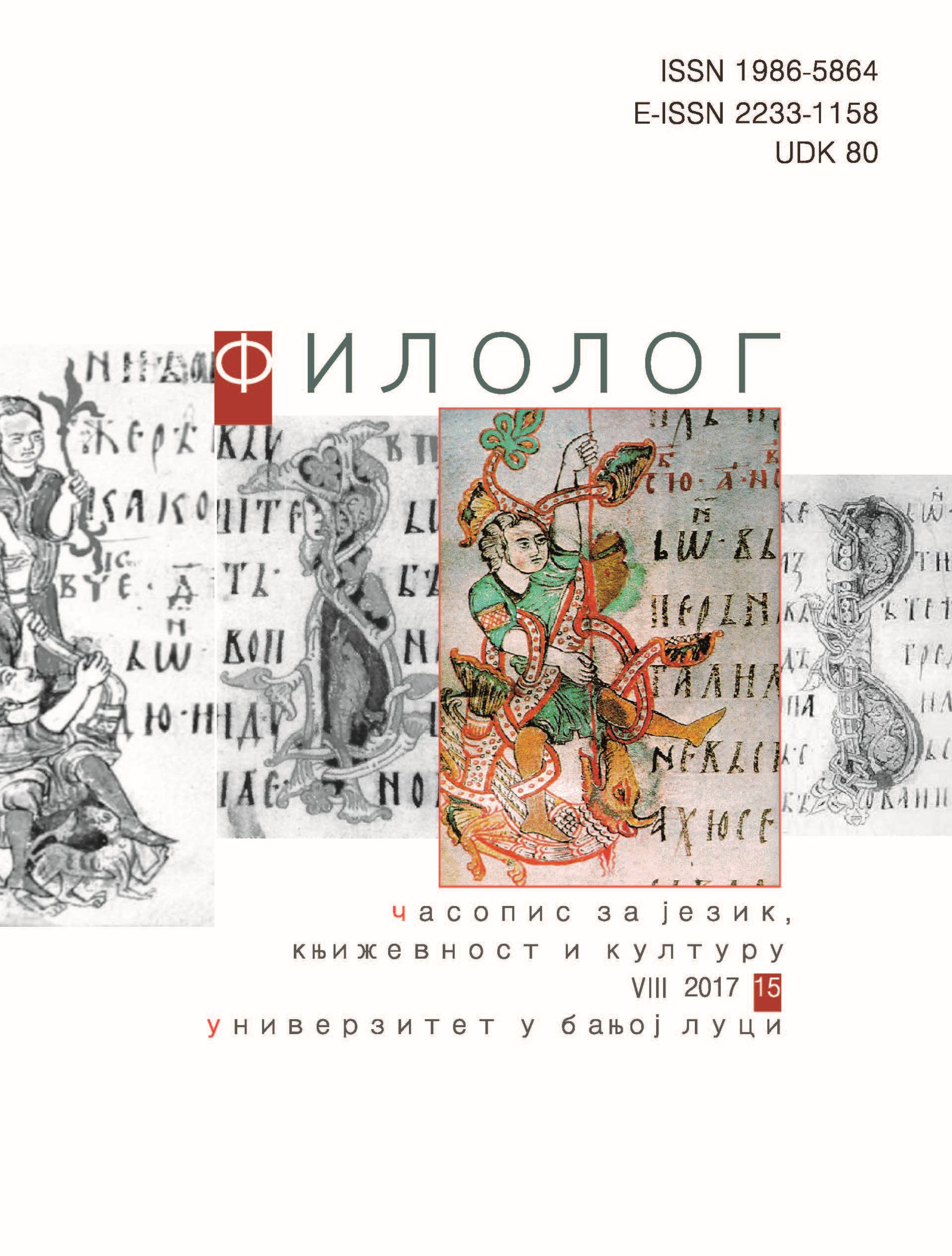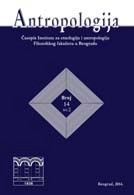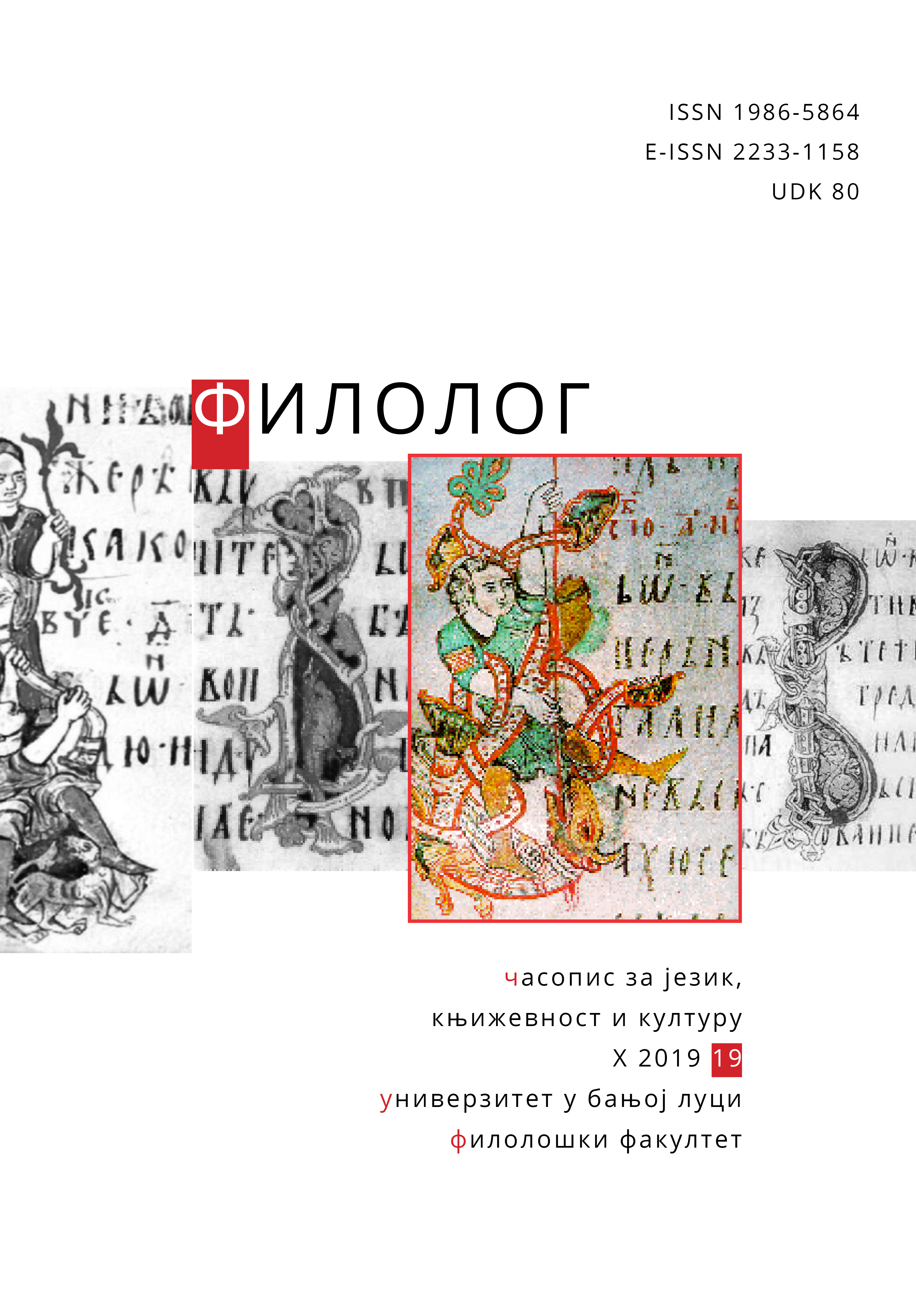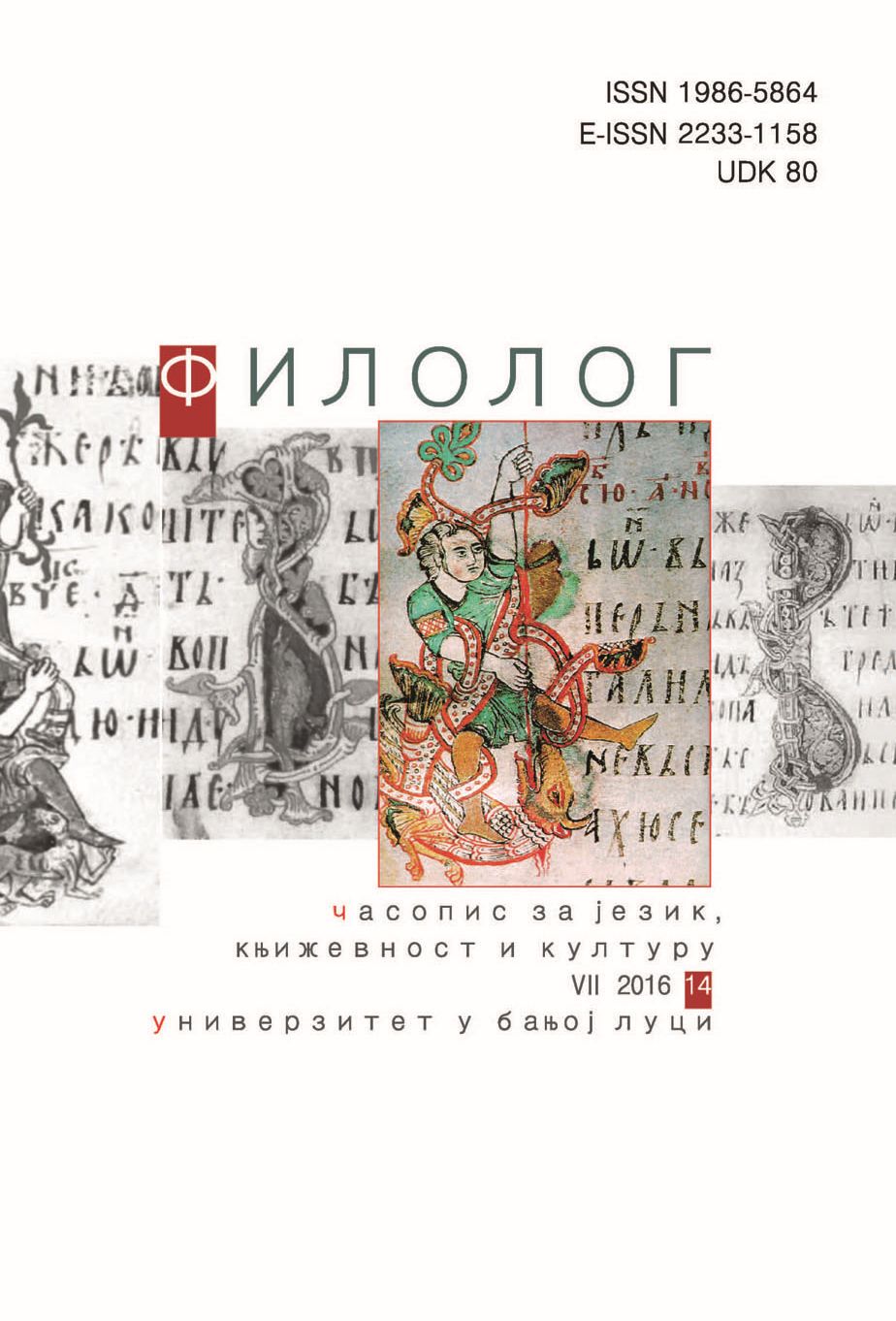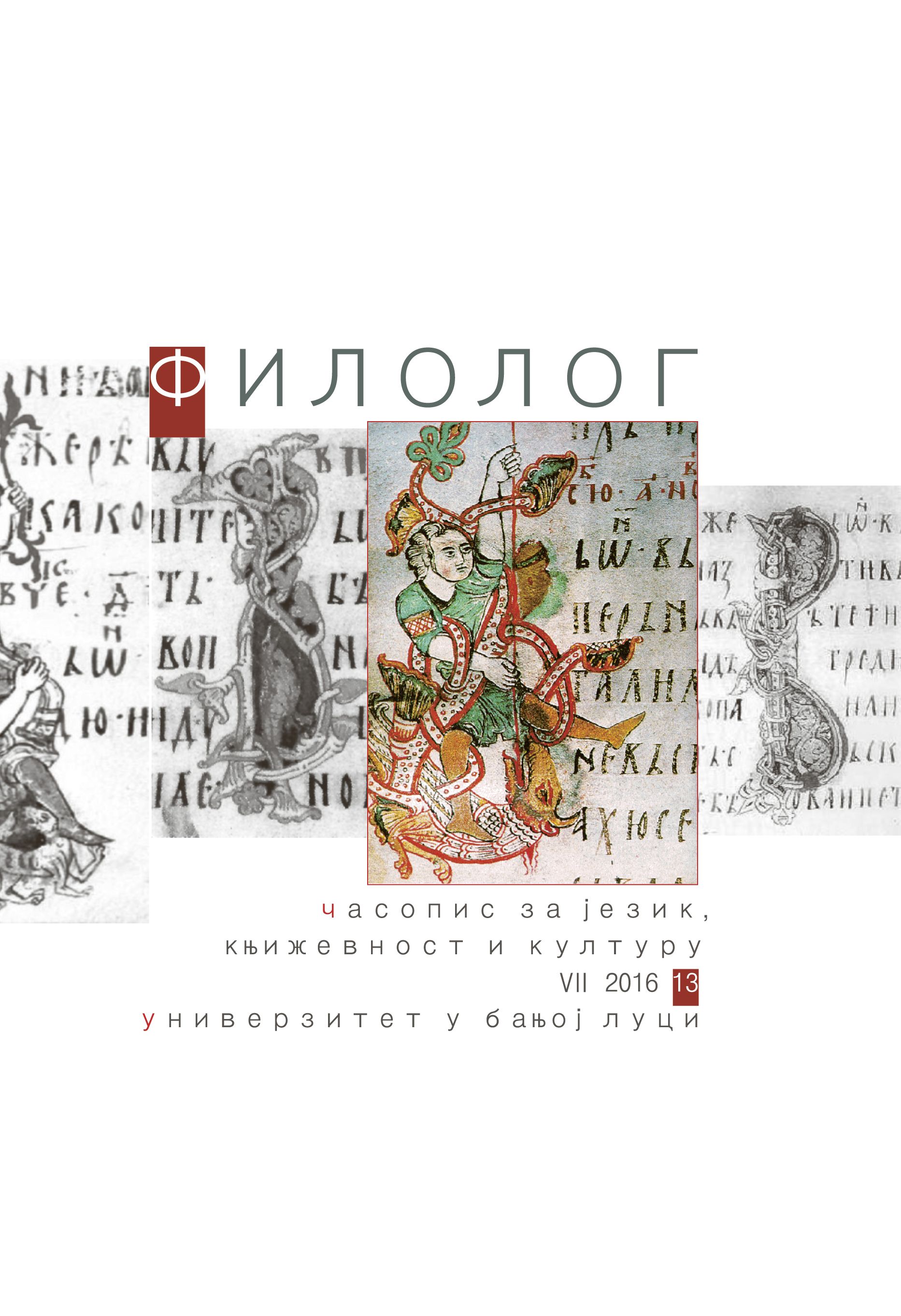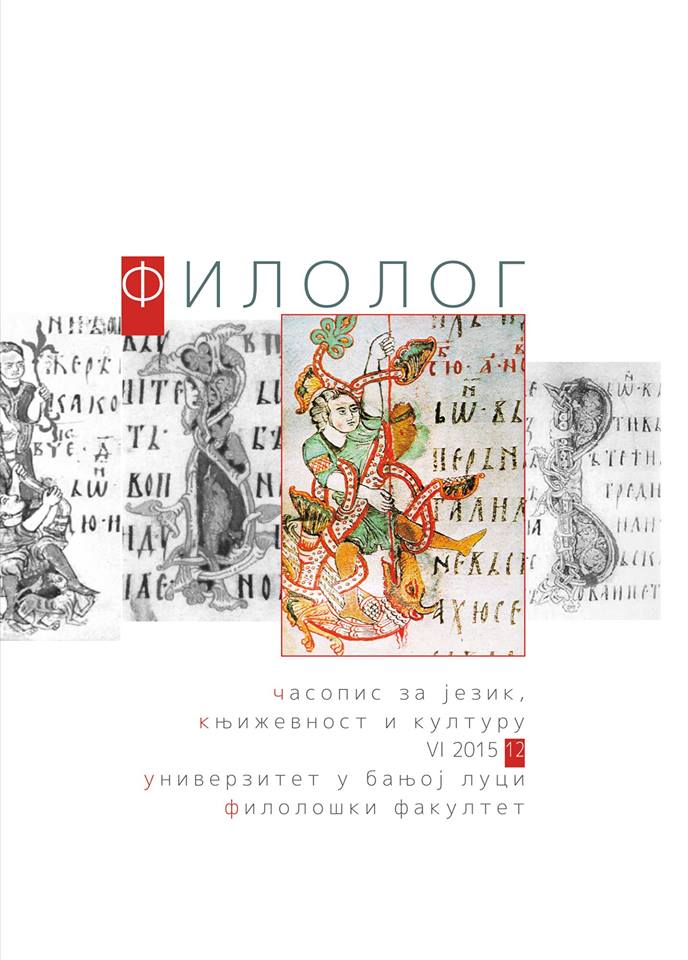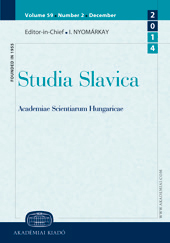
«Волшебный сон Востока»: гендерная и национальная проблематика в травелогах Елены Димитриевич
The paper deals with the national and gender specificity of Jelena Dimitrijević’s travelogues. This specificity is significantly caused both by the phenomenon of women travelling, its literary representation (the female author achieves a special status leaving her home as the place prescribed by the patriarchal culture to women) and her own Balkan culture identity. Dimitrijević’s texts are analyzed here in connection with the concept of the Balkan orientalism and the theory of nomadic subject. The paper considers the explicitly transnational character of Dimitrijević’s writings.
More...
